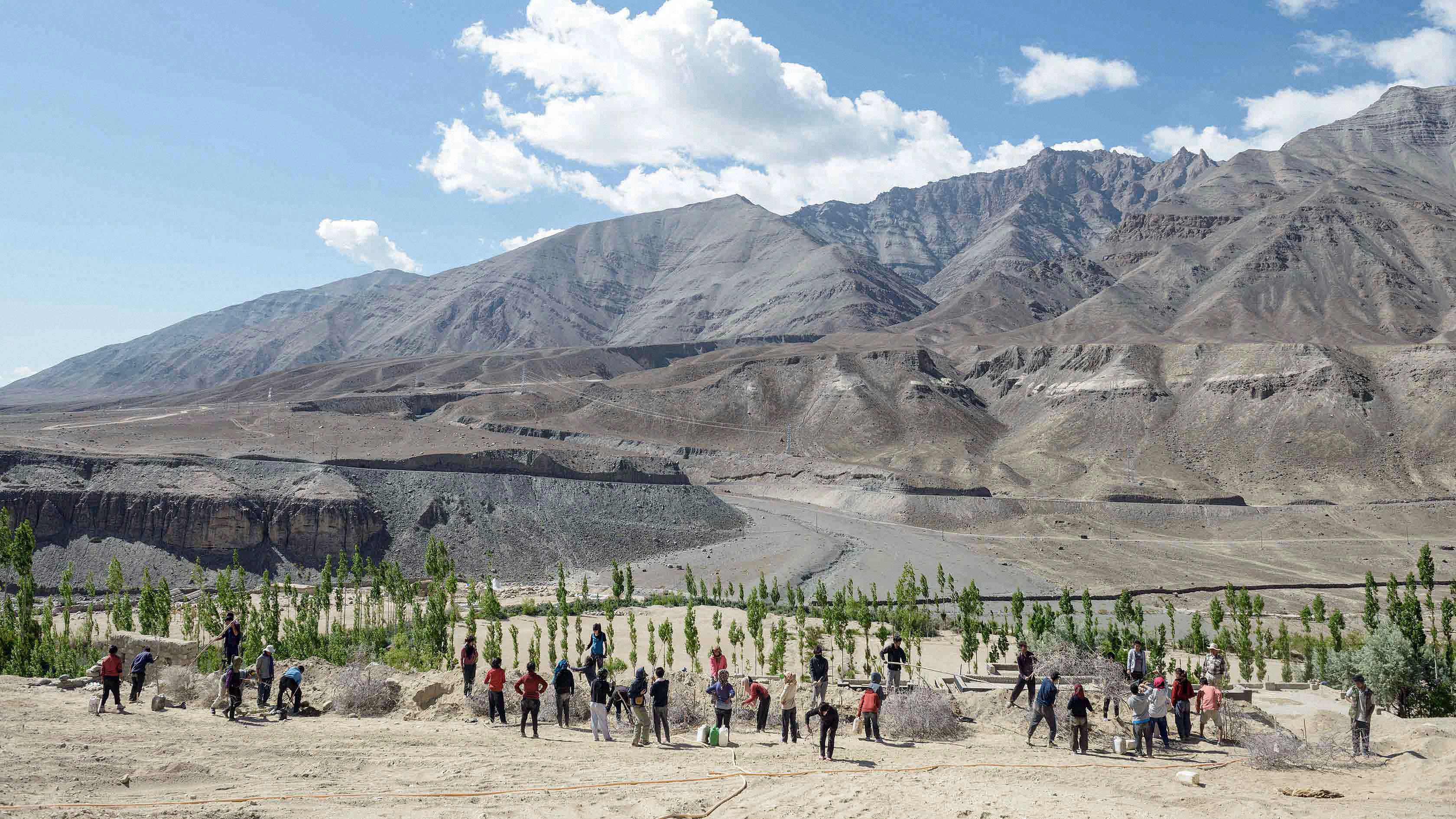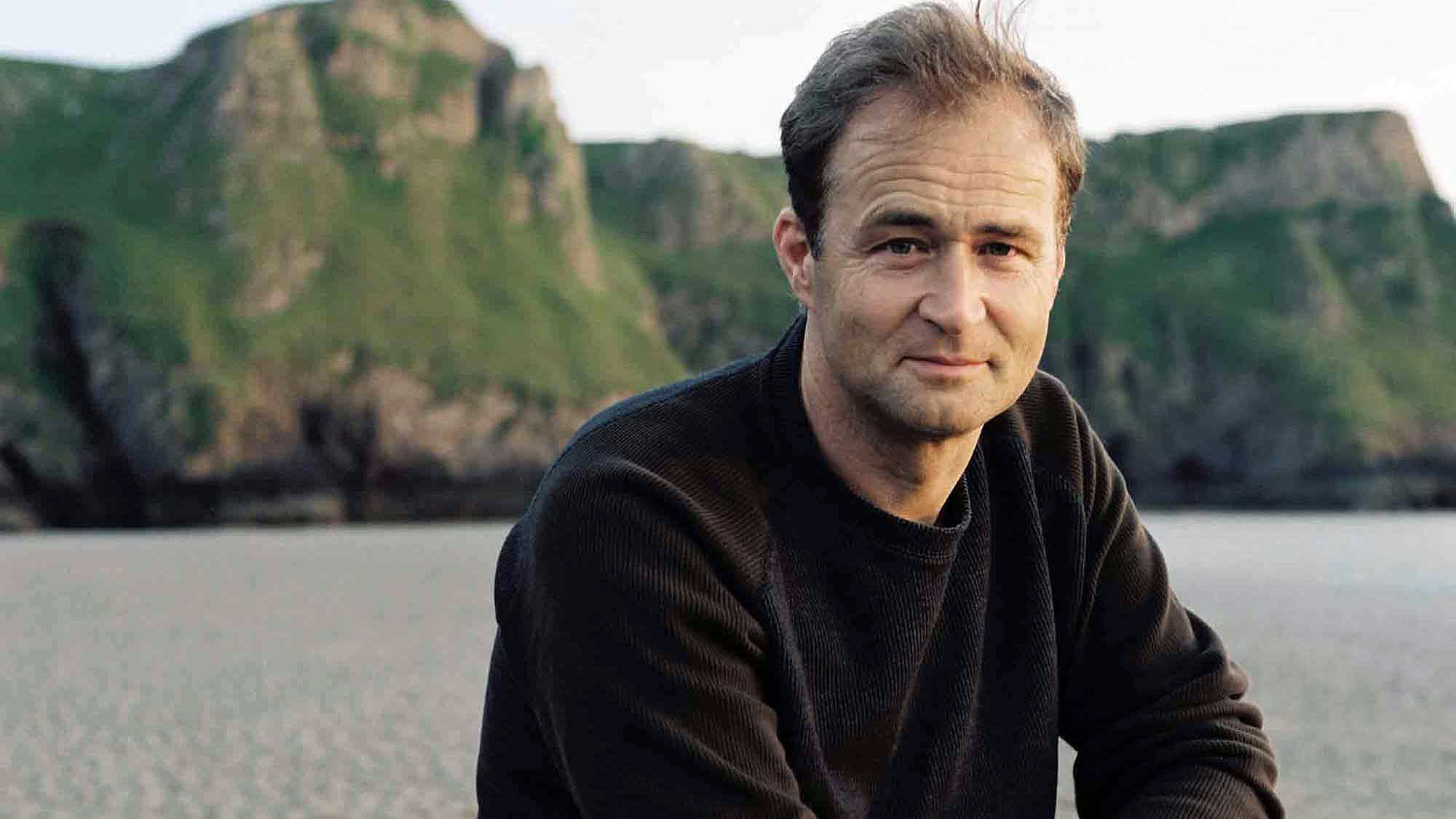Heritage and innovation, hand in hand
In more than 40 years, the Rolex Awards for Enterprise have established a striking pedigree

Imagination, innovation and a wish to advance human knowledge and well being have been at the heat of the Rolex Awards of Enterprise since their foundation. Established in 1976 to mark the 50th anniversary of the Rolex Oyster, the world's first waterproof wristwatch, Rolex believed they should reflect the philosophy on which its ethos was based: a desire to contribute to the future welfare of mankind.
Over more than 40 years, the awards have evolved while holding close to their core aspirations. When the late Rolex president, Andre Heiniger, set up the programme, he identified three fields of enterprise for future Laureates: applied sciences and inventions, exploration and discovery, and ecology. Four decades on, the awards seek out pioneering work in five areas: science and health, applied technology, exploration and discovery, the environment and cultural heritage.
To look back over the work of the 140 Laureates selected since 1976 is to understand their scope and ambition. Winners ranging in age from 24 to 74 have carried out projects benefiting millions of people in more than 60 countries. Those projects range from technological and scientific inventions to plans for protecting rare and endangered species; and from exploring new frontiers to providing safe, affordable water, energy, shelter, food and medicine in developing countries.
The Week
Escape your echo chamber. Get the facts behind the news, plus analysis from multiple perspectives.

Sign up for The Week's Free Newsletters
From our morning news briefing to a weekly Good News Newsletter, get the best of The Week delivered directly to your inbox.
From our morning news briefing to a weekly Good News Newsletter, get the best of The Week delivered directly to your inbox.
Take the example of the British naturalist Rory Wilson (below), a Rolex Laureate from 2006. Rory's ambition was to build a device that would allow him and others to study and understand animal behaviour. He says winning the award made that vision a reality at a time when nobody believed such a thing was possible. Now his Daily Diary tag, which records vital information about an animal's movements, activity and environment, is being used in conservation projects around the world.

It has put Rory on the BBC's 2015 power list of 50 top conservationists rel="nofollow", which predicts that his data logger will develop our understanding of the natural world for years to come. "None of this would have happened without the Rolex award," he says. And he is full of praise for the fact that once he had won the award, he was free to pursue his goal without constraint. "Who, these days, gives you a carte blanche and says 'We believe you - do what you think is best'? That philosophy, for me, epitomises the absolute value of the Rolex award."
One of the key benefits of being a Rolex Laureate is that you become part of a network that includes not only fellow Laureates but also the eminent jury members who select the winners (a new jury panel is convened for each awards series). Australian marine scientist Brad Norman's project to investigate the secret life of the whale shark, one of the world's greatest living animals, secured him an award in 2006. Using photos compiled by "citizen scientists" around the world, Brad has been able to devise a system for identifying and documenting individual whale sharks based on their unique star-flecked hide and pattern-recognition software from astronomy.
"The opportunity to engage with other Laureates and develop collaborations to benefit each of our projects has been an amazing added benefit," he says. What is more, the Rolex connection allowed him to team up with Rory Wilson to study the whale shark in both Western Australia and the Galapagos. He says their collaboration has produced remarkable new research that would not have been achieved but for the Rolex Awards.
Brad calls the whale shark "the perfect flagship for the health of the oceans", and he is clear about the value to the planet of the work he has done since becoming a Laureate. "My award not only enabled global exposure for the conservation concerns facing the endangered whale sharks, but also how everyday people can make a real contribution, through our citizen science project, to increase our knowledge of this mysterious gentle giant and hopefully bring them back from the brink."
On a personal level, Brad says the endorsement of a Rolex Award gave him the confidence to believe in his approach to his work, as well as encouraging him to think that he can "make a difference and change things for the better". Rory Wilson is of the same view. "The award builds a cocoon of support," he says, "to help you drive the mission while advertising Rolex's belief in your project to the rest of the world. It's respect. It's belief. It's friends. It's family."
A free daily email with the biggest news stories of the day – and the best features from TheWeek.com
-
 Political cartoons for February 22
Political cartoons for February 22Cartoons Sunday’s political cartoons include Black history month, bloodsuckers, and more
-
 The mystery of flight MH370
The mystery of flight MH370The Explainer In 2014, the passenger plane vanished without trace. Twelve years on, a new operation is under way to find the wreckage of the doomed airliner
-
 5 royally funny cartoons about the former prince Andrew’s arrest
5 royally funny cartoons about the former prince Andrew’s arrestCartoons Artists take on falling from grace, kingly manners, and more